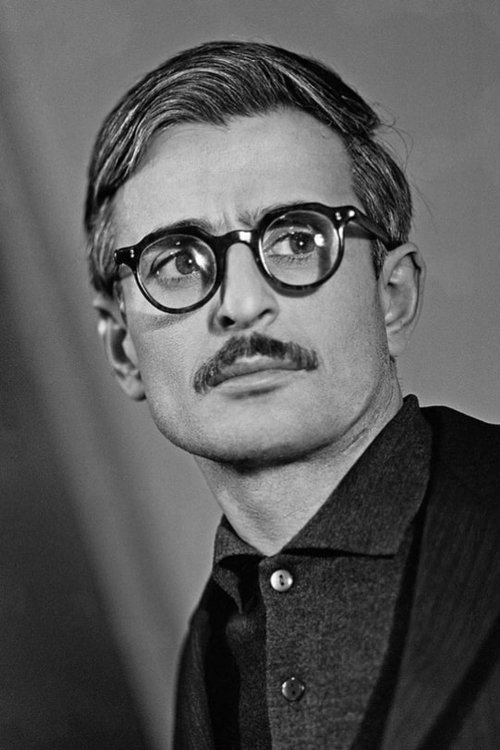
Marlen Martynovich Khutsiev (Russian: Марле́н Марты́нович Хуци́ев; 4 October 1925 – 19 March 2019) was a Georgian-born Soviet and Russian filmmaker best known for his cult films from the 1960s, which include I Am Twenty and July Rain. He was named a People's Artist of the USSR in 1986. Khutsiev studied film in the directing department at the Gerasimov Institute of Cinematography (VGIK), graduatin...
Explore all movies appearances
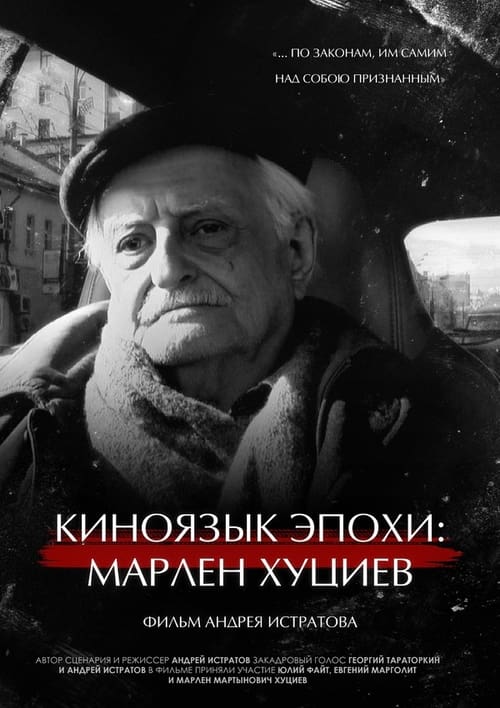
The documentary film "Cinematic Language of the Era: Marlen Khutsiev" is timed to coincide with the upcoming centenary of the master. In our film, talking about the life, work and dreams of Marlen Khutsiev, we focus the viewer's attention on the master's unique film language. And through cinematic language we reveal the director's personality.
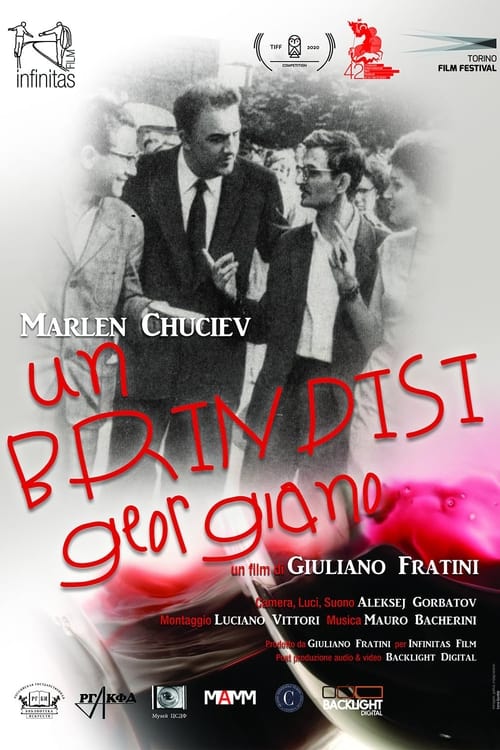
During the filming of the documentary film “The Gift”, Giuliano Fratini meets the master Marlen Khutsiev, who agrees to speak about Tarkovsky. But before being asked any questions, as a sign of thanks to his Italian guests, he wants to talk about Italy and in particular about Fellini, about the friendship they forged at the Moscow Festival in 1963. Back then the Italian master asked to meet him, the little Georgian who had problems with the regime. This small film is a tribute to the Italian genius but also to the Georgian master.
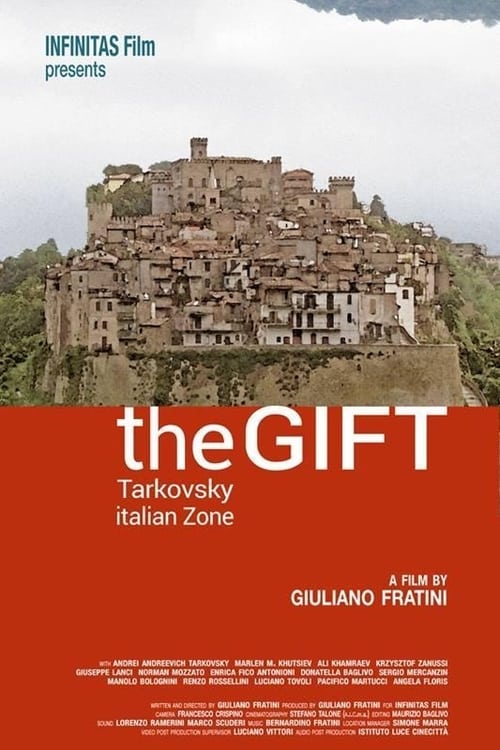
After the release of "Nostalgia", Andrei Tarkovsky runs out his Soviet authorities permission to work abroad: he has to go back home. But he understands from the messages of some friends and colleagues that his life in Russia would be even tougher than before. So he then decides to break with Soviet authorities and, a year before the Milan Conference of 1984 during which he will announce publicly his decision, he leaves his friends that are hosting him in Rome and takes refuge in a secret location.
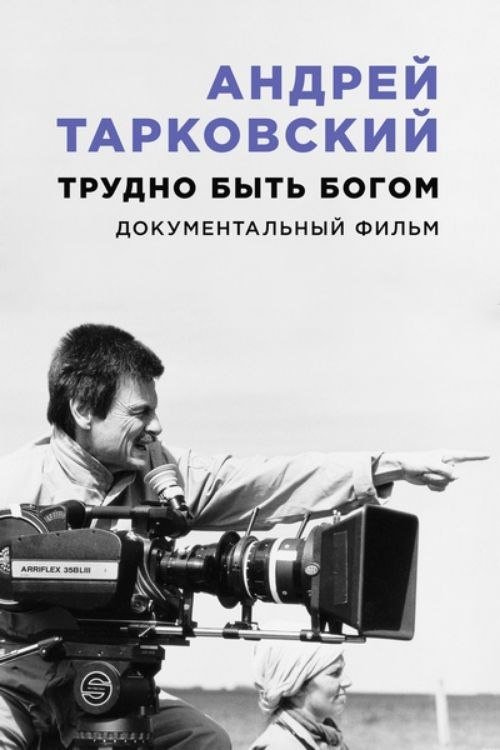
Andrei Tarkovsky is the most famous Russian director, often called a genius during his lifetime. He made relatively few films, but each has become a classic of world cinema, including "Andrei Rublev," "Solaris," "Mirror," and "Stalker." His films seem to be crafted from air, water, fire, deep emotions, and even his own dreams. This art is profoundly sincere and confessional, but what about the creator behind it? What was this god-like figure like, living a mortal life filled with weaknesses, fears, and doubts?
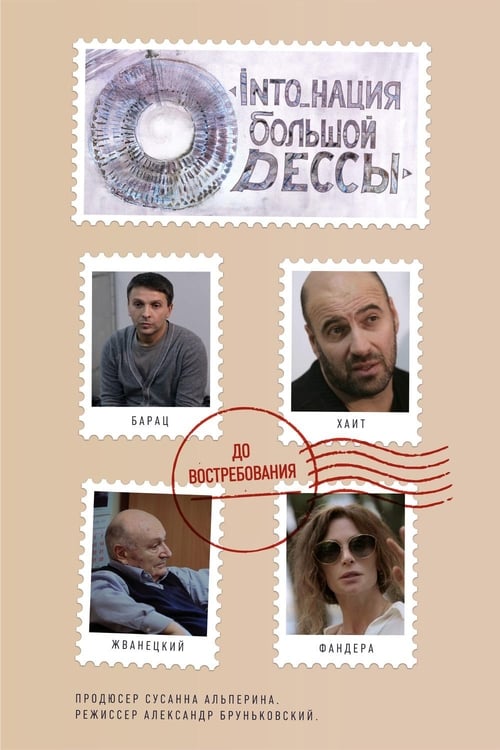
In the world, there is a city-port Odesa, which was specially created as a refuge for people of different nationalities and religions. Humor is a special language that helps people from Odesa to communicate and get along with each other. Legends are spreading about Odesa's humor and accent. But - a paradox - people are constantly leaving it. It is loved, but it is left as a child leaves his mother. On the example of this city and its inhabitants, we wanted to understand - why people flee from their cities. We tried to find the answer taking pictures of Odesa citizens in Germany, Israel, Ukraine, Russia, Austria, France and other places. Michael Zhvanetskij, Roman Kartsev, Leonid Barats and Rostislav Khait Victor Loshak, Oksana Fandera, Valerij Todotovskij, Mikhail and Anatoly Kontush and many others are telling their stories and giving their opinions on what is the phenomenon of the city by the Black Sea.
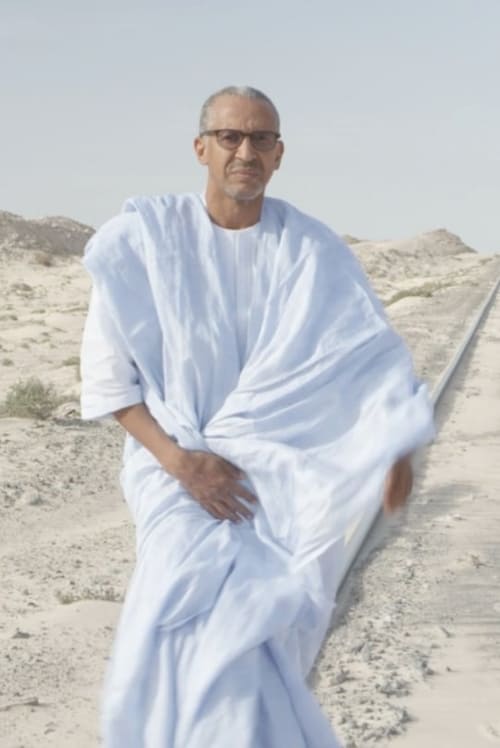
To be somewhere precise yet stand nowhere at all, to embody one’s convictions, yet never miss the essential, to rise up and be present at the critical moment, to bear witness to a world waiting to tell itself and be retold, to come and go, both at once, abandoning reckless speed, but rather gently touching the human soul with images, with whispered words, the cracks in the wall of life: this is the choreography masterfully created in the film Beyond Territories, Valerie Osouf’s portrait of the world acclaimed filmmaker Abderrahmane Sissako.
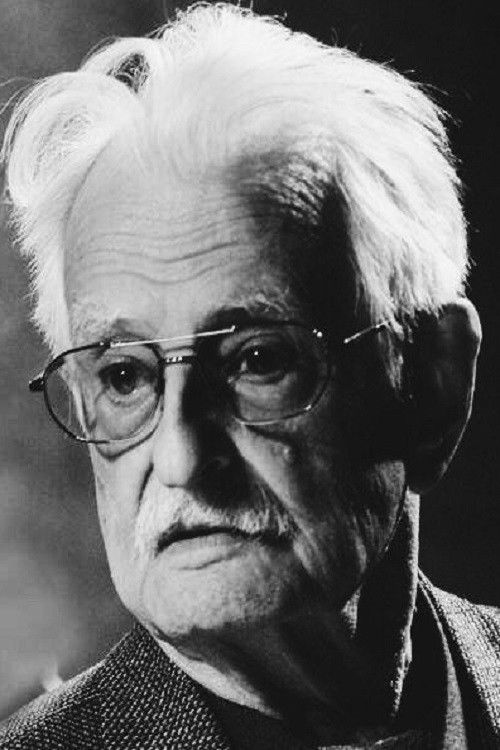
In October of 2015 Marlen Khutsiev turned 90. The master had no intention of retiring, he was working on his new movie. The crew were lucky to be allowed on the set of this film about the relationship of two Titans of Russian literature, Leo Tolstoy and Anton Chekhov. The shooting process, recorded over the period of almost a year, constitutes the main part of this documentary entitled Khutsiev. Action Starts!. It also includes Khutsiev's reflections on the nature of creative work and his dramatic creative biography.

No plot available for this movie.
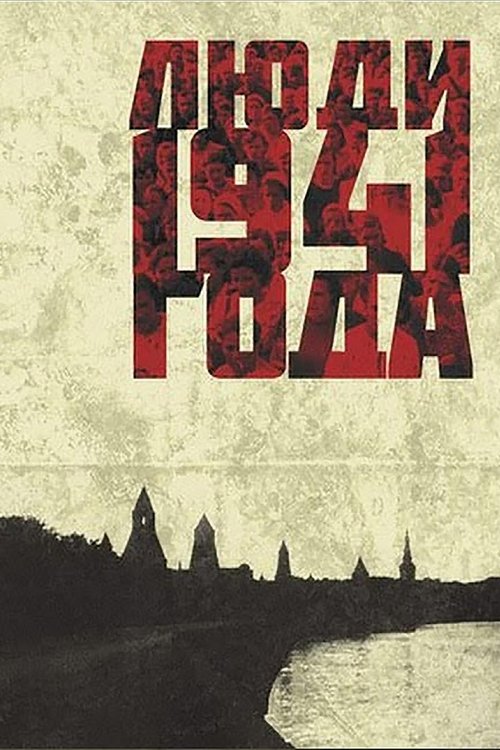
The second World War echoes throughout the whole Khutsiyev's oeuvre. The director himself did not participate in the war: "The thing is, I didn't fight. I had been a sickly boy, so I was turned down because I still looked like a child. This is sort of like a debt I've been repaying ever since". In "People of 1941", Khutsiyev recites his favourite pieces by war poets and invokes documentary footage.
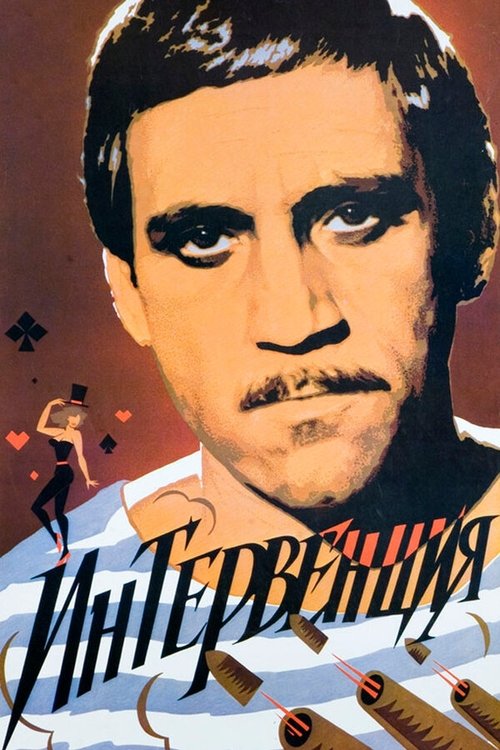
The movie is set during the last days of a foreign intervention against Soviet Russia. Police are searching everywhere for a Bolshevik named Brodsky but cannot find him. Meanwhile, a man named Michel Voronov serves as a teacher to a rich woman's son, Zhen'ka.
Subscribe for exclusive insights on movies, TV shows, and games! Get top picks, fascinating facts, in-depth analysis, and more delivered straight to your inbox.